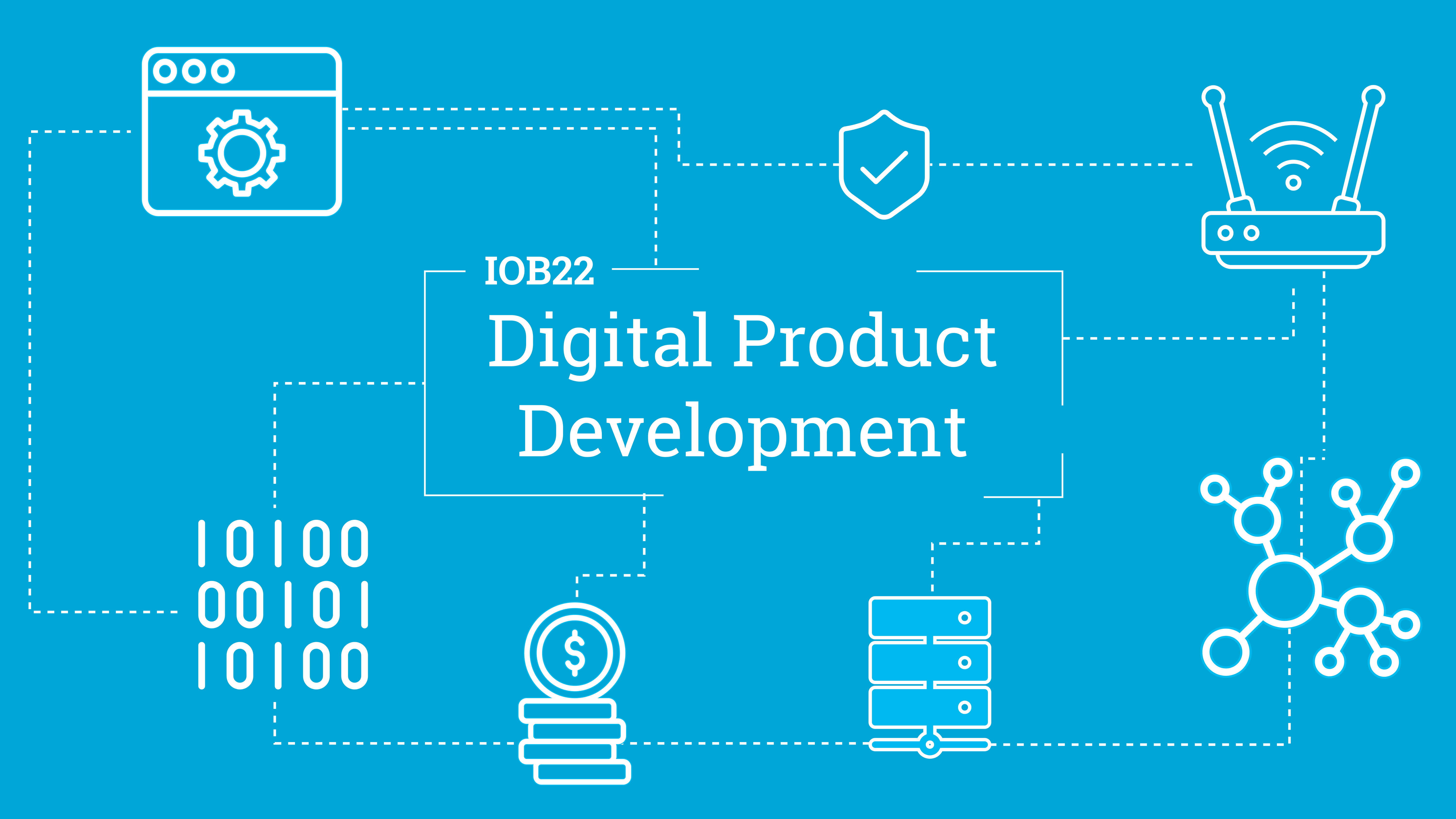Welcome to the 2021/2022 Edition of the Digital Product Development Course

The Course
This course provides you with the technical foundation to design and develop innovative digital products. You develop the ability to specify technical requirements such as Internet Architecture, database models and software behaviour. You leverage this understanding to apply the business model canvas, select the appropriate development methods and reflect on your digital responsibility as a designer.
Throughout the course, you navigate the dimensions and layers of the Digital Product Development canvas. It is the compass to grasp the dynamics of digital products and acquire the ability to effectively converse in a design and development process to realise digital products that are technically feasible and commercially viable.
You develop a hands-on understanding of core digital technologies and software development methods through Python programming and apply techniques and practices for iteratively creating, validating, and improving digital products.
The course consists of eight modules, a weekly cycle mixing theory and practice. There is a mix of online and offline activities. Each week involves 14hrs including:
- the introduction of theoretical concepts (5hrs) through video and reading materials (2hrs on Monday morning, 1hr on Wednesday afternoon, 2hrs on self-study);
- live sessions (3hrs) including a programming sandpit with demo/Q&A, and a panel of lecturers walking through some of the concepts in practice, and offering students a critical moment for questions (Wednesday afternoon);
- a programming assignment (4hrs) to individually practice coding in the self-content, digital product context, with gradual complexity (self-study);
- a group exercise (2hrs) to experience key concepts covered during the course (Monday morning, in groups).
The Website
This website contains all the materials required to attend and succefully complete the course.
The course is organized into an introductory week and 4 modules, consisting of weekly cycles mixing theory and practice.
All these resources are open-source. We encourage contribution (e.g., improvements, new tutorials) via the GitHub repository.
Related Courses
- Machine Learning for Design
- Digital Interfaces
- Connected Interaction Kit
- Prototyping Connected Products
- Artificial Intelligence and Society